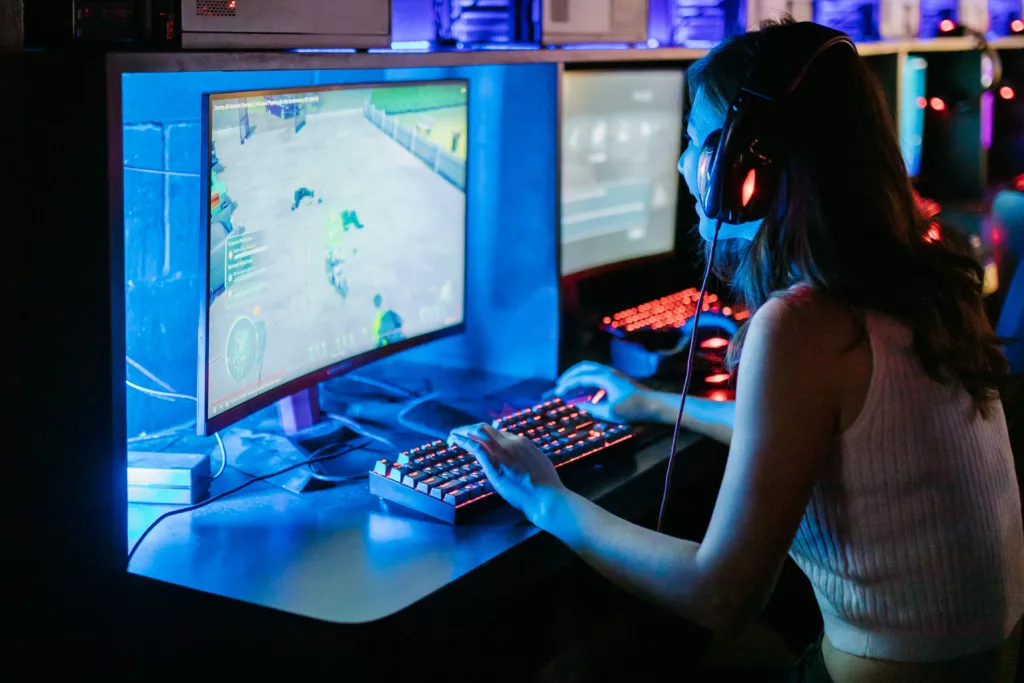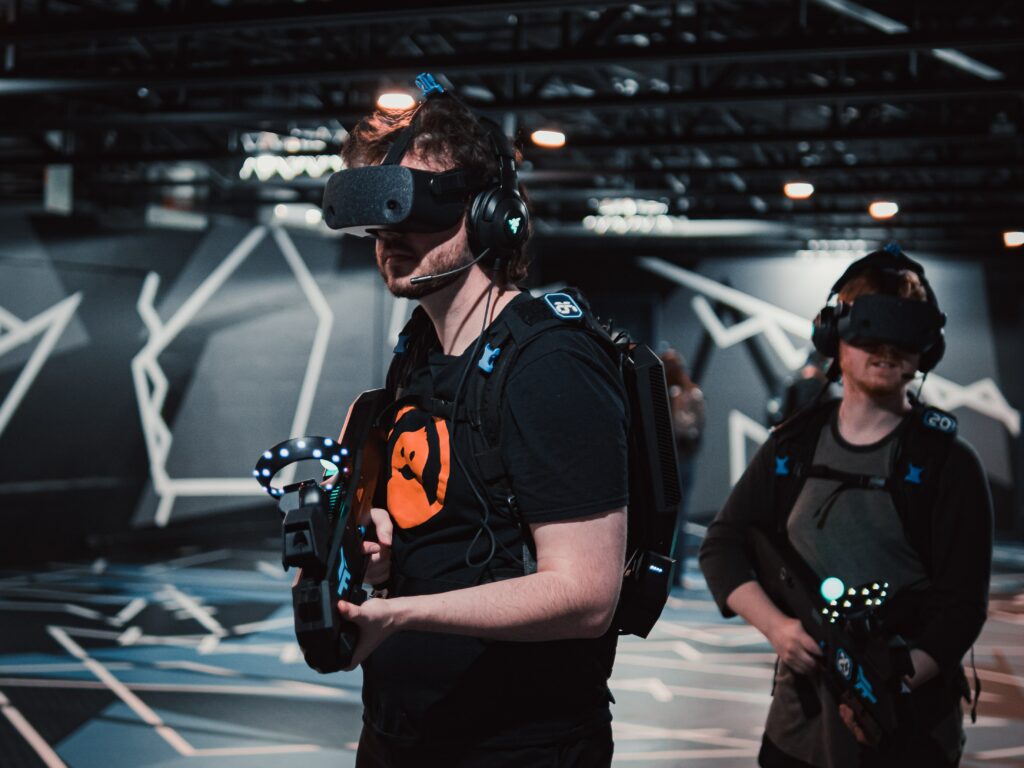Society’s views on gaming are changing in recent years. If once people used to outcast gamers due to stereotypes, nowadays the world looks differently at the gaming world.
There has long been a negative stigma attached to gamers and how they are as people. Staying inside your room (or mom’s basement) day in and day out with demeaning physical features; this stereotype is shown on the popular adult cartoon show South Park in their “Make Love, Not Warcraft” episode. Years and decades ago, your parents would probably yell at you to go outside to play sports instead of wasting your life on “that damn video game!”
This stereotype no longer exists in our world today. Advanced technology and culture shock have made gaming and gamers acceptable and even a trend to be a part of.
The Outdated Stereotype
With the stereotype behind gaming back then, people often hid the fact that they took part in it. It was for nerds and embarrassing, thus making friends and other connections harder to attain. The gaming space had to deal with the damaging media claim that violence and other threatening behavior were due to the influence of games, specifically violent shooters and genres.
To combat these stereotypes, a data-driven platform, Qutee, led a survey to give a voice to these gamers and how games have impacted their personal lives. In their 2018 report, 835 people were surveyed; 95% were 18-34 years old, 4,500 polls were cast, and some topics discussed were: community, stress, friends, enjoyment, problems, and the benefit that gaming has on society. The polls showed that 89% believe gaming benefits society, 44% say the most important value is improved emotional well-being, and 93% say that the media’s portrayal of linking violence to video games is unjustified. On the sociable side of the polls, 66% say they made up to 5 friends while gaming and 37% say they made more than 5.
A Change in Culture
So how did gaming, in the societal view, change? It seems like it did so effortlessly and seamlessly. We often look at people we look up to, aspire to be, and famous celebrities as guidelines for how we should behave in society – kind of like children imitating the behaviors of their parents or guardians. Celebrities and people with massive influence made gaming a trend in modern society. Gaming was already on an upward trend due to technology, but celebrities made it cool to the game. In 2018, we saw Drake play Fortnite with Ninja to break the record for most concurrent viewers on a Twitch stream. We see NBA players like Paul George and Andre Drummond make appearances in Fortnite tournaments. This was in 2018; a more recent instance is when Steph Curry formally met the TSM’s Valorant Team players and tweeted, “Always knew @TSM was going to the moon.”
Women in Gaming
Another catalyst in changing our point of view of gamers is the ever-growing diverse player base, most importantly – female gamers. It is a fact that over the decades, males have dominated the gaming scene. There is another stereotype with this being that “women aren’t supposed to play video games. It’s a guy thing.” A study from Google Play states that 65% of US women, ages 10-65, play at least one mobile game. While mobile games are considered casual games, this debunks the stereotype that video games are solely for males. While the majority of everyday female mobile gamers are rapidly upgrading to console and PC games as well – this is where the growing popularity of women in games is most visible. Pokimane, or Imane Anys, currently has 9.2 Million followers on Twitch. Valkyrae, or Rachell Hofstetter, has 3.2 Million followers on YouTube. This is just the tip of the iceberg. There are many more micro-influencers, as well as women in eSports competing in Counter-Strike, Valorant, Fortnite, and other eSports titles.

Activity changes
Next up, we have the technological culture change. This applies to almost everything on Earth, and gaming is no exception. When video games were first introduced, people hardly relied on electronic devices. They spent their free time doing outdoor activities. Nowadays, finding someone who isn’t glued to their phones or other digital devices is rare. Technology is now an essential part of who we are. How does this tie in with gaming? With all the various online activities people leisurely do, people are significantly less judgemental of what others do. Whether it will be video games or lying down watching Netflix, we spend a lot of time staring at screens.
Community
Gaming brings in so many benefits to whoever delves into the space. As mentioned earlier, people find new friends, new connections, and points of view they would never have seen without gaming. The American Psychological Association states that more than 70 percent of gamers play with a friend, and simple games that are easy to access can improve players’ moods, promote relaxation, and ward off anxiety. Not only does it help your emotional state, but they also state that playing specific games improves a player’s capacity to think about objects in three-dimensional spaces just as well as in academic courses such as science, technology, engineering, and mathematics.
The benefits
Though gaming is not a perfect world, with conditions like gaming addiction that need to be addressed, gaming positively impacts people and the people in the space. With its accessibility as easy as ever, more people play games, have fun, and, most importantly, are happy. Those who may have had old stereotypes of gamers in their thoughts have long changed those opinions.
